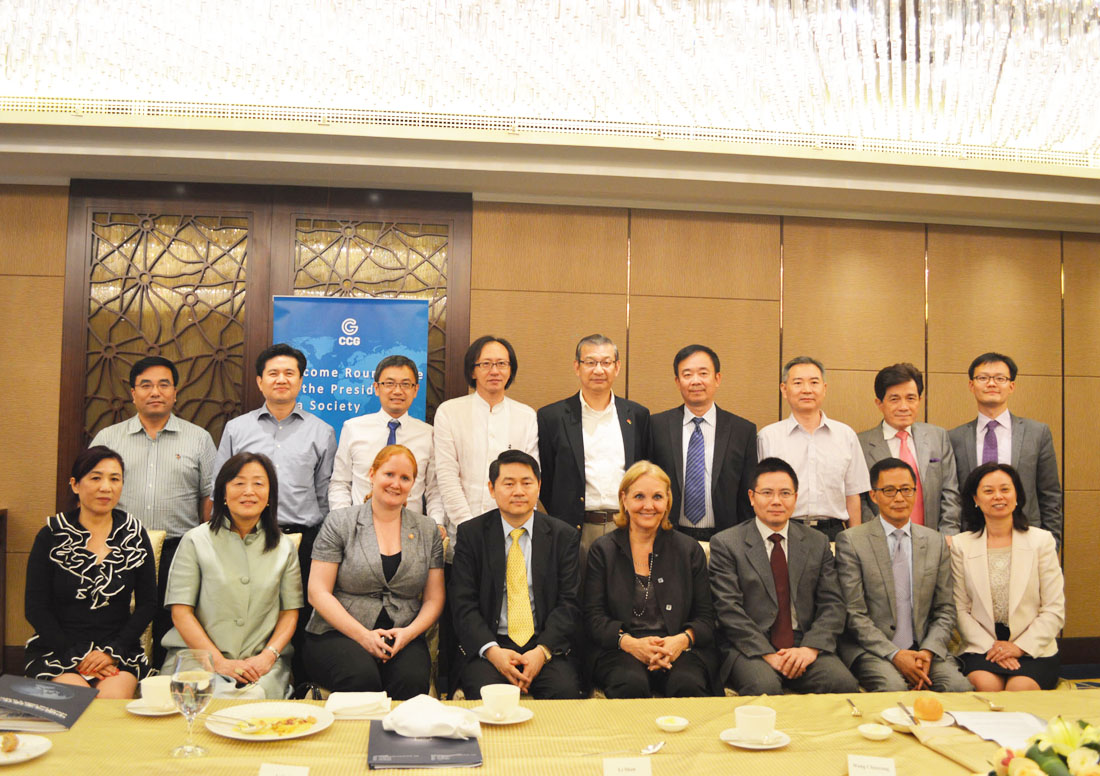CCG March Dialogue Luncheon Discusses China’s Economic “New Normal”
The event, titled “Perspectives from the Two Session on China and World Economic Development,” was presided over by CCG founder and President Dr. Wang Huiyao. It also featured a number of top scholars and business leaders from CCG as speakers. These individuals gave thorough and insightful analyses of several key and hotly debated topics during the two sessions, including China’s GDP and its sustainable economic development, globalization of Chinese capital markets and entrepreneurship, and the so-called “Four Comprehensives.”
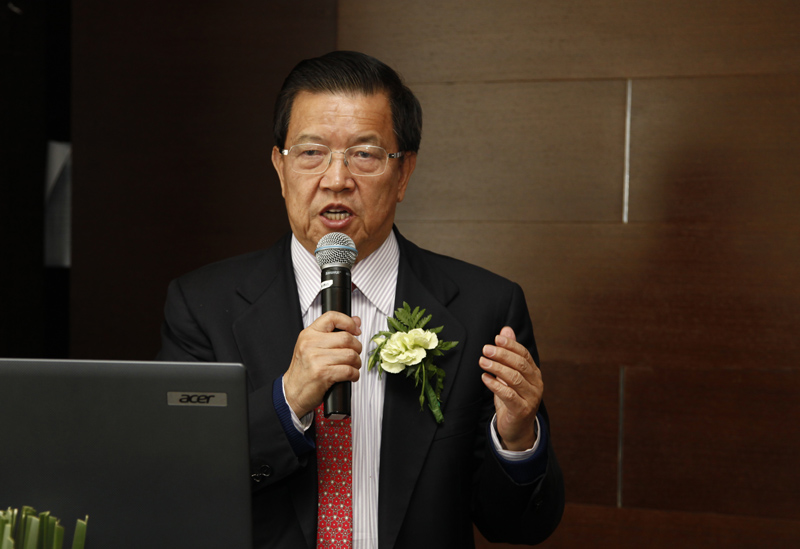
Long Yongtu, former Vice Minister of Commerce and Secretary General of the Boao Forum, noted that the two sessions sent out several positive messages. In particular, they reiterated the need for China to continue focusing on environmentally sustainable development while at the same time ensuring continued strong GDP growth. “Although China should not blindly pursue economic growth, it must not overlook the need to increase the GDP,” Long said. As thChairman of CCG Strategic Advisory Board, Long also pointed out that opening up has accelerated China’s economic reform and the ongoing successful application of this policy will provide further impetus for the development of its economy.
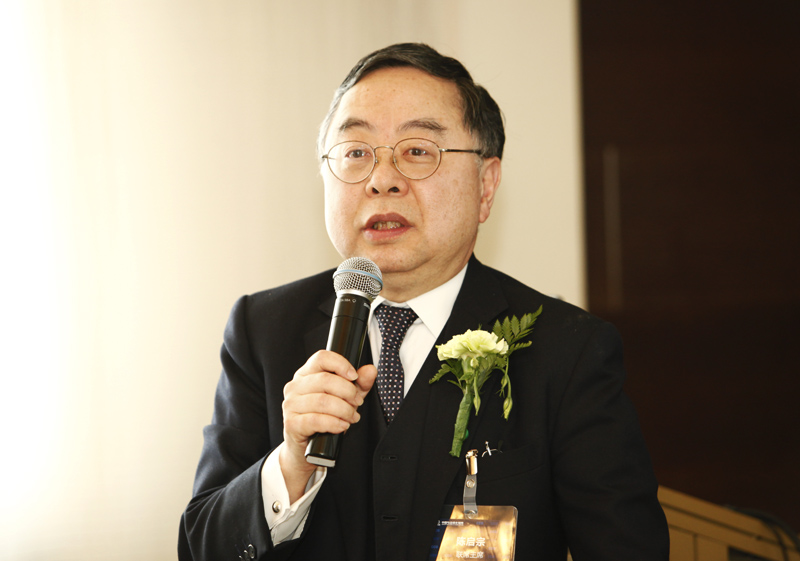
Ronnie Chan (Chen Qizong), Chairman of Hanglung Group and Co-Chairman of the CCG Strategic Advisory Board, provided an overview of the current situation and prospects for the major global economies, including the US, EU, Japan, Africa, and Southeast Asia, as well as their impact on China’s development. He argued that the United States will regain its status as one of the most important manufacturing countries in the next decades. Chen added that China should form partnerships across the world to turn the global market into a Chinese market, thereby creating a favorable environment for speeding up the growth of its economy.
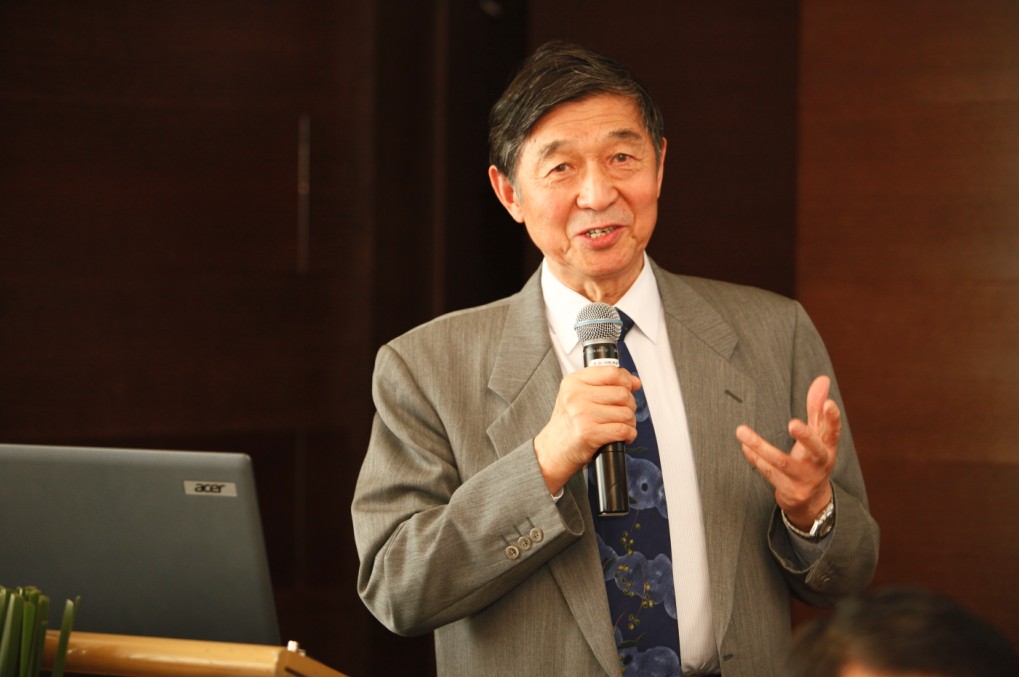
In his presentation, Wu Jianmin, deputy director of the Foreign Affairs Committee of the Chinese People’s Political Consultative Conference and CCG’s senior advisor, shared with the audience his view that China is about to ride the crest of the current wave of capital globalization. He argued that this will mark a new fourth phase in the development of Chinese private entrepreneurship. Wu also applauded China’s “One Belt, One Road” initiatives, calling them one of the most extraordinary strategic diplomatic moves in the history of the country: “The accomplishment of these initiatives requires endeavors of several generations and will provide long-lasting impetus for economic growth in Asia.”
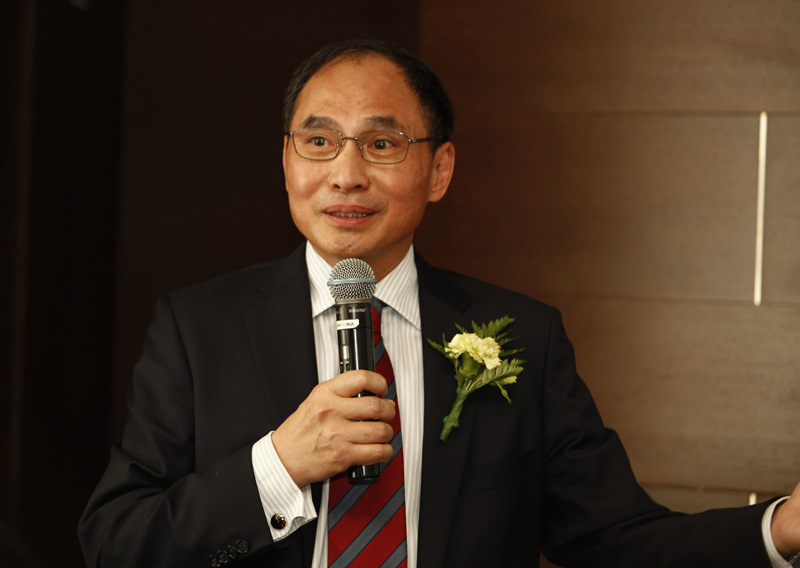
Zheng Yongnian, Professor of National University of Singapore and the convener of the CCG Academic Committee, believes that the new generation of Chinese leadership has brought the country into a fresh era of transformation with respect to theory and practice since the start of the 18th NPC. While he remains optimistic about reform prospects in China during 2015, Zheng emphasized the importance of implementing such measures.
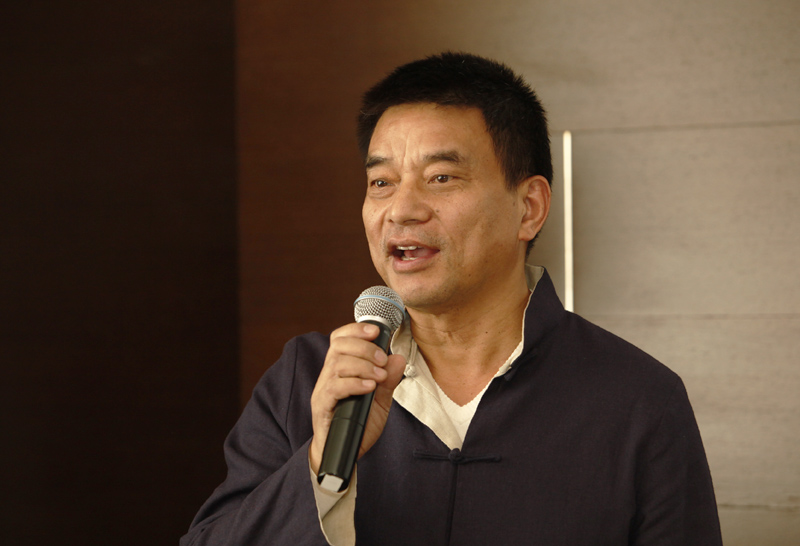
A number of CCG scholars and members of its boards attended the two sessions as NPC and CPPCC deputies, including the Chairman of New Hope Group and the vice Chairman of CCG Liu Yonghao. He said at the luncheon that his proposal on “Chinese enterprises jointly investing abroad” attracted favorable attention from Premier Li Keqiang, who is strongly encouraging privately-owned firms to go global. Liu believes that by working together when investing overseas, Chinese enterprises can reduce the risks associated with failure to understand the regulatory and legal environment in foreign countries and gain more and better business and investment opportunities abroad.
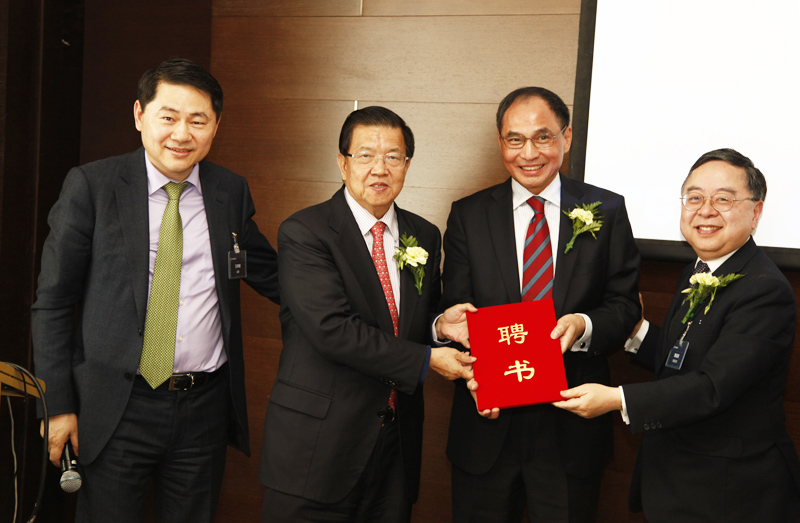
Besides the discussion of the two sessions, CCG also presented the letter of appointment to Professor Zheng Yongnian officially inviting him to join CCG.
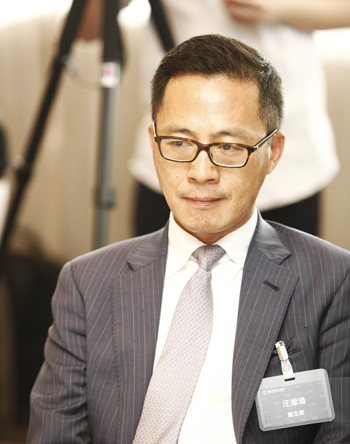
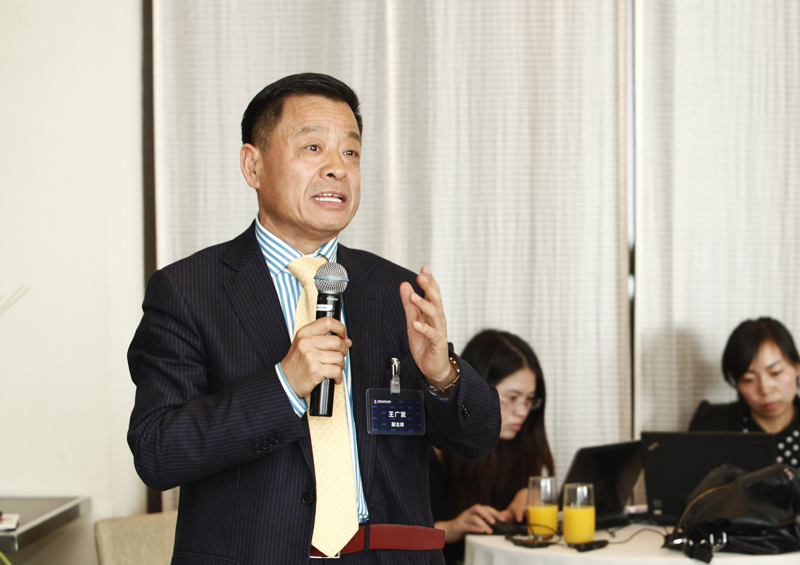
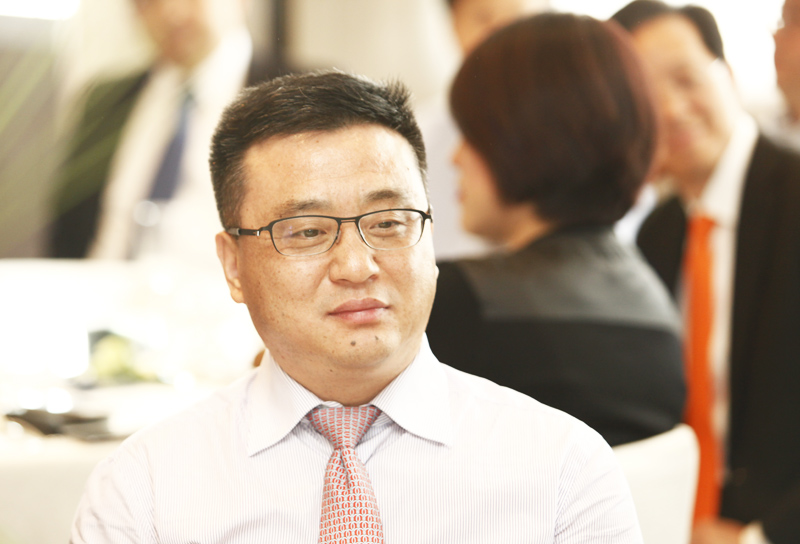
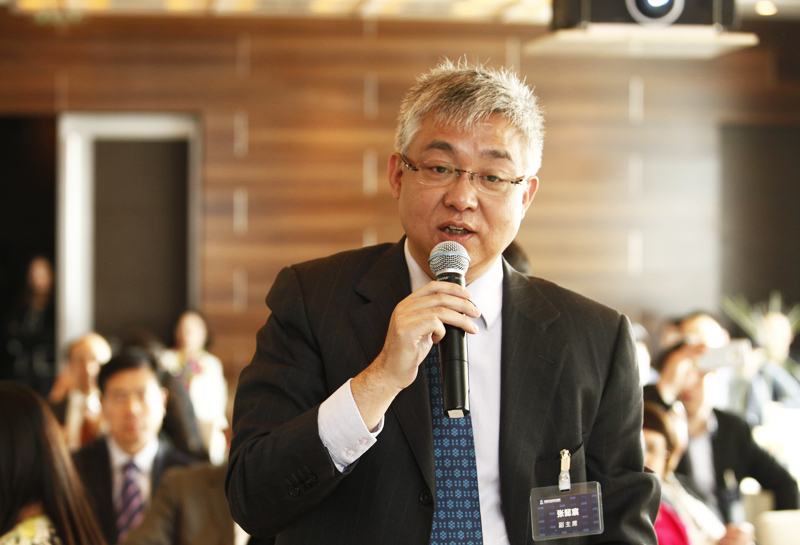
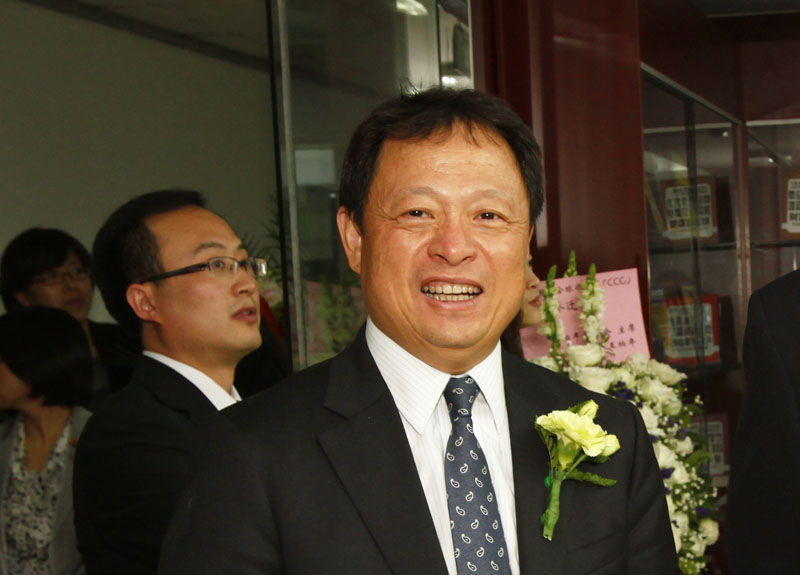
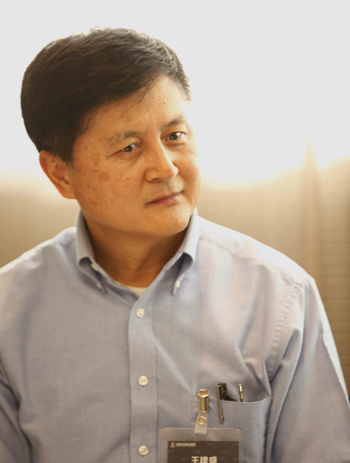
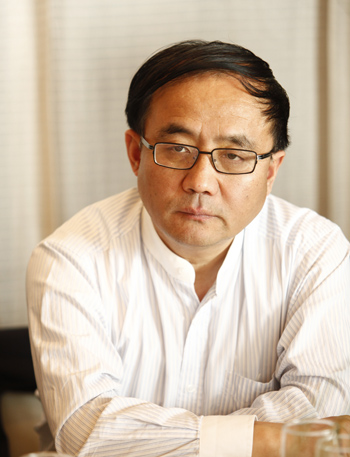
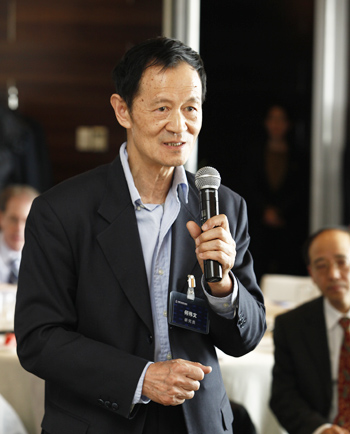
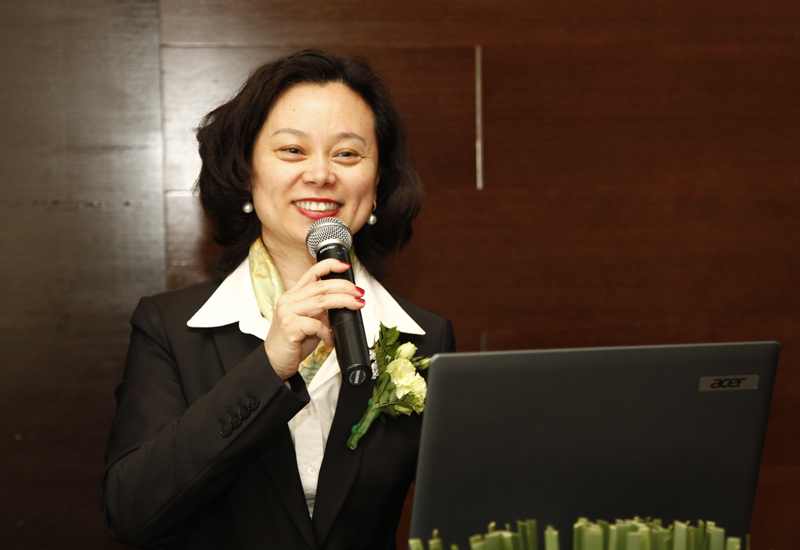
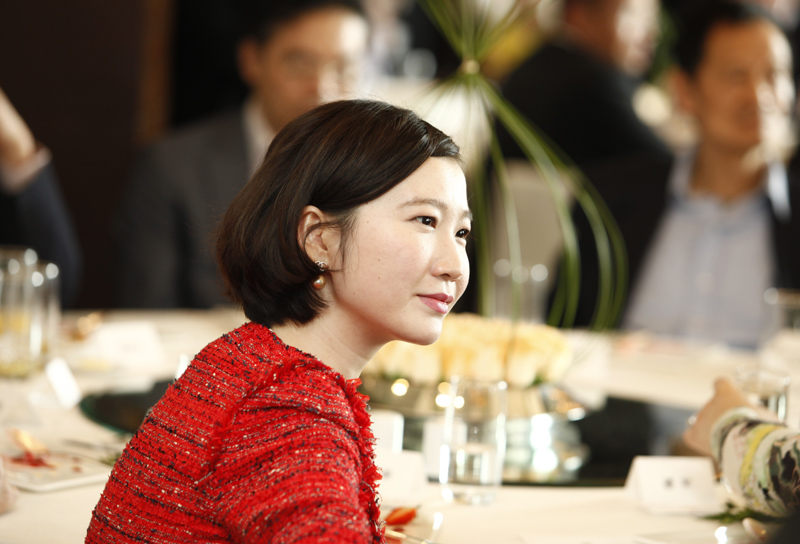
LocationBeijing


